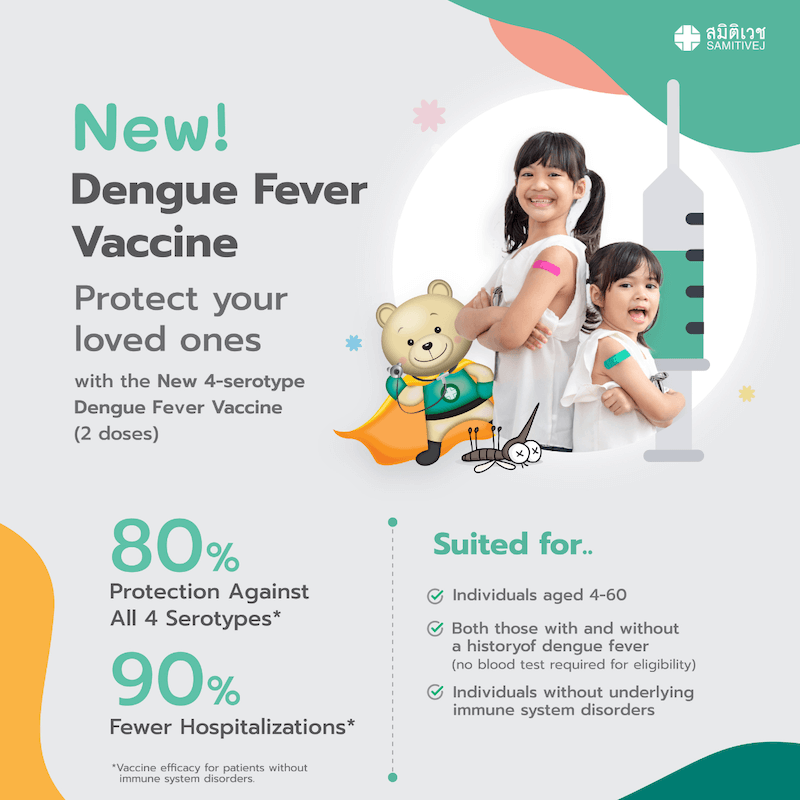Dr. Donna Robinson of MedConsult Clinic addresses common allergies, saying that while such allergies are more prevalent in children, it is not uncommon for adults to develop them.
Allergies will vary from person to person. You can either be born with allergies or you can develop them later in life, meaning that you develop an allergy to something that you did not used to be allergic too.
Common allergies include:
- Pollen from grass and trees, also known as ‘Hay Fever’
- Dust mites
- Animal dander/dandruff
- Food — particularly nuts, dairy products, shellfish, and eggs
- Insect bites and stings
- Medication (e.g., Ibuprofin, aspirin, penicillin, and various antibiotics)
- Latex
- Mould
- Household chemicals such as detergents and hair dyes
Allergies can be present in a range of symptoms, of varying severity. Dr. Donna notes that it is important to determine the severity of your allergies; in some cases, it is highly recommended that you consult a doctor regarding your ‘possible allergies’.
Common symptoms of allergies include sneezing; running nose; reddened, itchy, watery eyes; wheezing and coughing; red, itchy rashes; and exacerbation of eczema or asthma symptoms.
Anaphylaxis
In most cases, allergic reactions are mild and are not extremely threatening. However, there are some instances where someone may have a severe allergic reaction and suffer anaphylaxis, or go into anaphylactic shock. Anaphylaxis has the potential to be fatal, and individuals who are at risk of an Anaphylactic reaction should obtain the appropriate treatments from their doctor (e.g., you may well be recommended to carry an Epipen around with you).
If you are unsure whether you or a family member or friend is suffering an Anaphylactic reaction, look out for the common symptoms of:
- Itchy skin or even a raised, red rash
- Swelling in the lips, eyes, hands, feet
- Feeling faint or lightheaded
- Swelling inside the mouth or of the tongue, which can in turn cause difficulty in breathing and swallowing
- Wheezing or coughing
- Abdominal pain, nausea, vomiting
- Collapse and unconsciousness
Tips from Dr. Donna
Avoiding allergies, or the symptoms of allergies, can be done through various ways. The simplest way is to avoid contact or exposure to your allergens as much as possible. However, this can be very difficult at times!
When the actual allergen cannot be avoided, Dr. Donna notes that the symptoms of allergies can also be mitigated through the use of anti-allergy medication. Also known as antihistamines, these meds work by calming your body’s immune system’s response to the allergen, thus lessening the symptoms they cause.
Two common antihistamine/anti-allergy medications that are usually available over the counter are Zyrtec and Claritin (Loratidine). Both have similar effects and are considered relatively safe to use. Zyrtec is fast-acting and may only provide relief for as little as an hour, but it is a good choice for those experiencing minor allergic reactions. Claritin on the other hand is long-acting, and is said to last up to 24 hours.
For more information on allergies and allergy testing, or to book an appointment, please contact MedConsult Clinic by calling 02-018-7855 or emailing [email protected].
Register your email address here and we’ll notify you when a new article gets uploaded.















